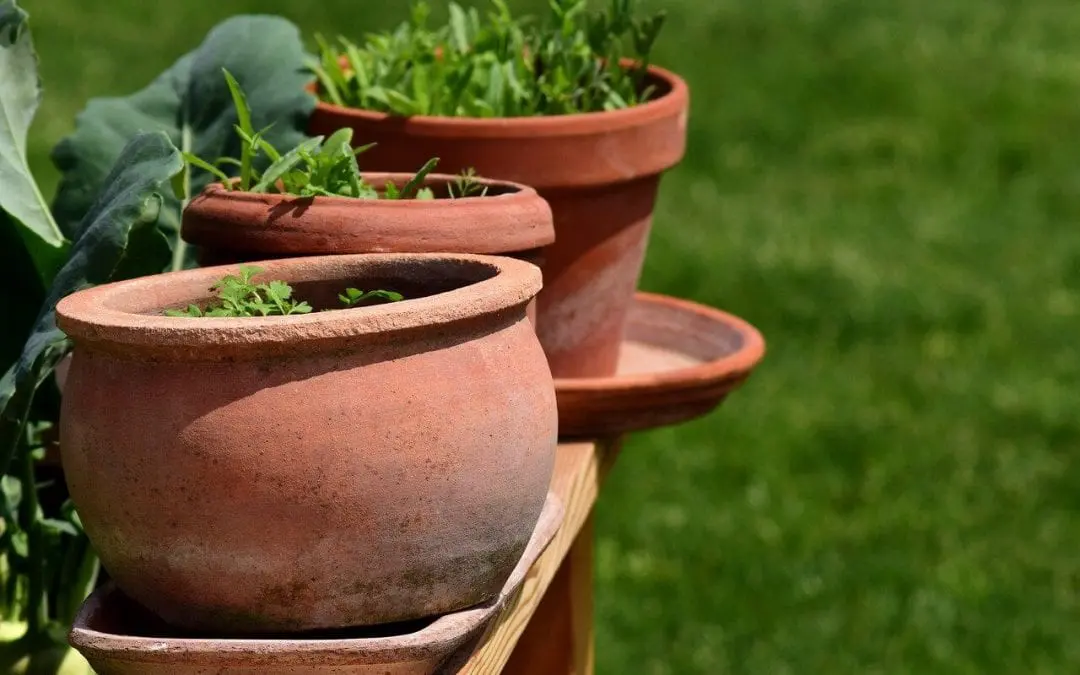Container gardening is a great solution for homeowners or apartment dwellers with little room to grow things on the property. This type of gardening saves space and works well when you select plant varieties or seeds that are designed for compact spaces. Here are tips for container gardening success.
Know the Lighting Requirements
Different plants prefer varying amounts of sun exposure. Learn about the conditions required for your plants. Some plants will do well with partial shade while others need full sun. Light plays a vital role in the photosynthesis process. Before setting up your container garden, observe your property on a sunny day so you’ll know if you have the right light for the plants you’re considering.
Fertilize Regularly
Fertilizers contain essential nutrients for plant and vegetable growth. They act as plant food and play a significant role in helping your plants thrive. Generally, it’s best to opt for liquid fertilizers because they easily release nutrients in the soil. Read the label and follow instructions carefully. Some fertilizers should be added to the soil and others should be spread on top of the soil after planting.
For Container Gardening Success: Select the Right Soil
Regular garden soil is too dense to use in containers. Because of the popularity of container gardening, garden centers and home improvement stores carry potting mix blends that are formulated to produce good results in containers. Container soils are lighter and fluffier and have better water-retention qualities.
Watering is Key in Container Gardening
You will need to water your container plants frequently, especially during hot, sunny weather. There are several items you can use for watering. You can set up a drip irrigation system, or simply use the garden hose or a watering can. Depending on the weather and your local climate, you may need to water your container plants daily.
Use Plant Labels for Container Gardening Success
Save plant labels, especially if you’re growing different flowers, plants, herbs, and vegetables. Having the details of your plants in an easy to access location will simplify care. Tags often include information about the amount of fertilizer, water, and light required by each plant. Some are even more detailed, with facts on plant growth habits, shape, and size.
Keep your plant labels in a notebook where you can record your observations. Spend some time online researching the best ways to care for each type of plant.
Acclimate the Plants
For plants to adapt to a new location, acclimate them at a slow pace. If you start seeds indoors, gradually move them outdoors. Some plants cannot handle abrupt changes. If you need to relocate your container plants, take several days or a week to shift them into their new location. Changing your flowers’ or plants’ environment will affect their growth and development.
Container gardening is gaining popularity, particularly in urban areas. This type of gardening makes use of the space you have so you can enjoy a garden almost anywhere.
JBS Home Inspections offers home inspection services to Greater Boston. Contact us to schedule an inspection.

